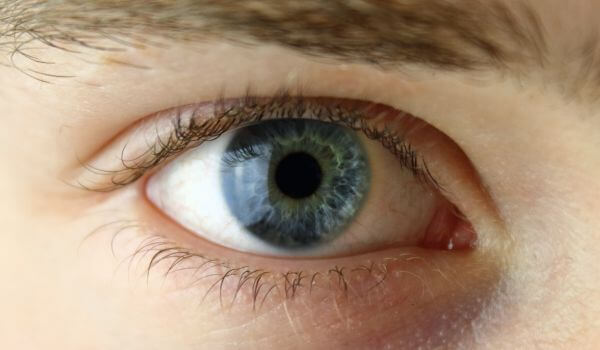Daliresp / Daxas (generic name: roflumilast) can be prescribed for adults with severe Chronic Obstructive Pulmonary Disease (COPD) who have a history of frequent flare-ups. It may be prescribed along with other bronchodilator therapies.
Roflumilast is a phosphodiesterase 4 inhibitor (PDE-4 inhibitor), a type of anti-inflammatory medication.
COPD results in emphysema (shortness of breath) or chronic bronchitis (mucus buildup in the bronchial airways) or a combination of these conditions. It is an ongoing process in which there is progressive lung damage, resulting in the symptoms growing worse over time. There is no cure for COPD, and Daliresp is meant to relieve the severity and frequency of symptoms, not to reverse the condition.
Important: Daliresp is not for sudden attacks of breathing distress. Ensure access to another medication, such as Ventolin, for such emergencies.
Dosage
The dosage and regimen is set by the doctor. The usual dose is 500 mcg taken daily, with or without food. Try to take the dose at the same time every day. If a dose is missed, take it as soon as possible as long as it is on that same day. Don’t double the dose the following day to compensate for a missed one.
Even if feeling better, do not discontinue the medication without consulting a healthcare provider or pharmacist.
In case of an accidental overdose, the symptoms may include headaches, nausea, diarrhea, rapid heartbeat, dizziness, clamminess, and low blood pressure. Consult with a doctor if any of these are experienced.
Storage
Keep the medicine stored at temperatures below 77°F (25°C). Please read our helpful blog on handling medicine safely.
FAQ
Is COPD life-threatening?
Outcomes for COPD differ among individuals. While the disease is incurable and irreversible, treatment can assist many patients in managing it to prevent significant interference with their everyday lives. However, in certain cases, COPD may get worse despite treatment, posing life-threatening challenges.
Can your lungs recover from COPD?
COPD has no cure, and the lung tissue that is damaged won’t repair itself.
What’s the difference between COPD and asthma?
Asthma and Chronic Obstructive Pulmonary Disease both cause airway inflammation and breathing difficulties. Asthma is often triggered by allergens or physical activity, with symptoms that can be intermittent and may disappear for periods. COPD involves persistent symptoms that progressively worsen despite treatment.
This text is for informational purposes only. Please consult a doctor or pharmacist before using any medication.
Read the information leaflet that comes with the medication.
If after taking Daliresp, a sudden allergic reaction (anaphylaxis) occurs, with symptoms like swelling of the face, tongue, or throat making it difficult to breathe or swallow, or there is wheezing, hives, rash, blistering, or peeling of the skin, call a doctor or 911 right away, or go to an emergency room immediately.
Inform a doctor right away if any behavioral changes, such as mood swings or suicidal thoughts occur, as these are potentially serious side effects.
Keep track of body weight during treatment. If unintentional weight loss occurs, consult a doctor.
Like any medication, Daliresp may have side effects that some users may experience. Possible general side effects include headaches, diarrhea, nausea, and anxiety. Less common side effects include anxiety, dizziness, palpitations, rash, muscle pain, weakness, and tiredness. These effects may occur more in the initial weeks of treatment.
Not all side effects are listed here. If these or other unlisted symptoms persist or worsen, consult a healthcare provider or pharmacist.
Chronic Obstructive Pulmonary Disease presents with symptoms like breathing issues, coughing, mucus build-up, and wheezing due to chronic bronchitis. Long-term exposure to harmful gases, especially from smoking, is a common cause of COPD.
Emphysema and chronic bronchitis are the main conditions contributing to COPD, often occurring together. Chronic bronchitis involves inflamed bronchial tubes causing daily cough and mucus production.
Spirometry is the key test for COPD. A doctor may perform this test and guide their treatment decisions based on severity.













